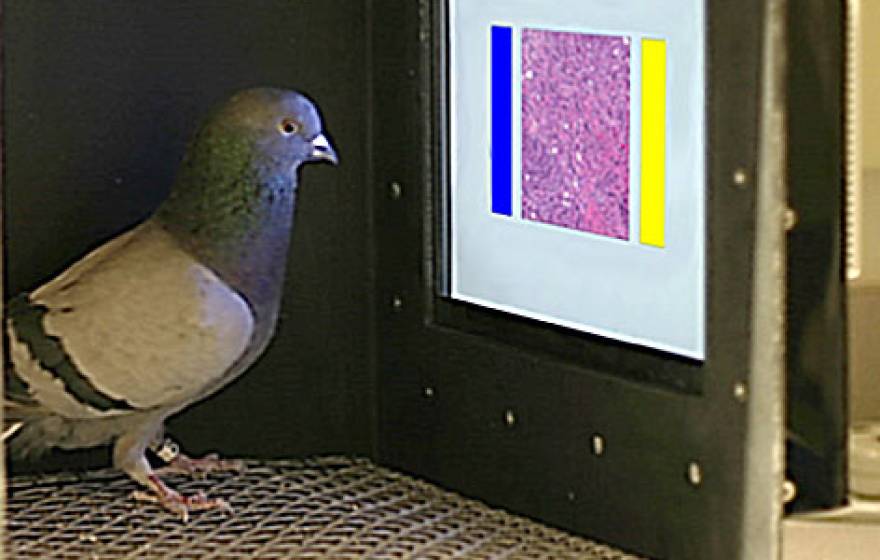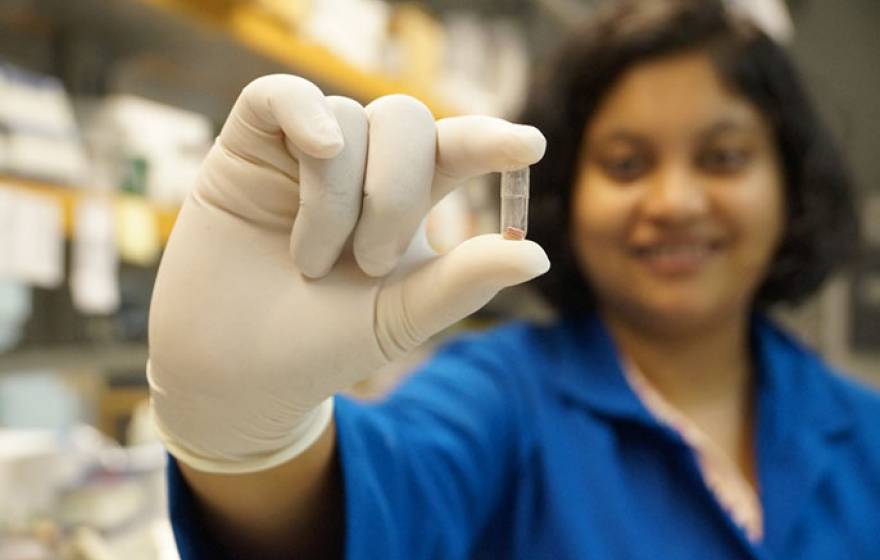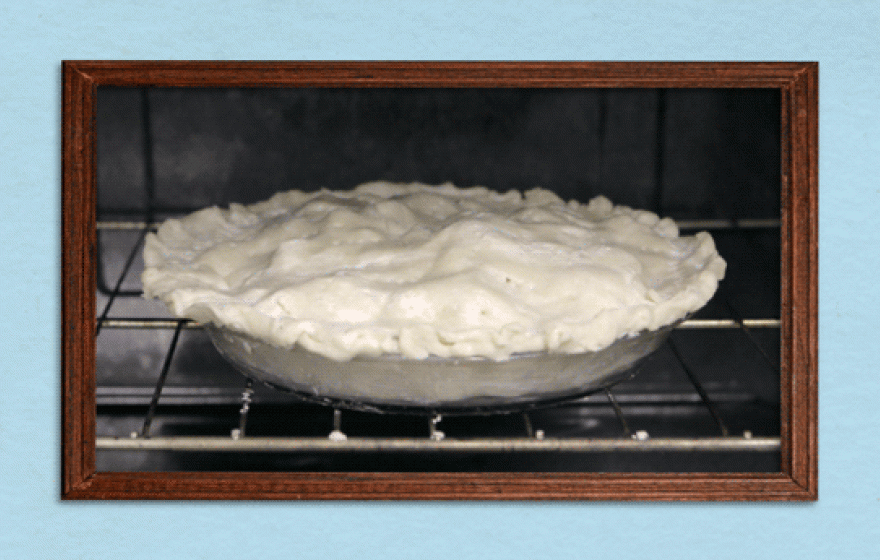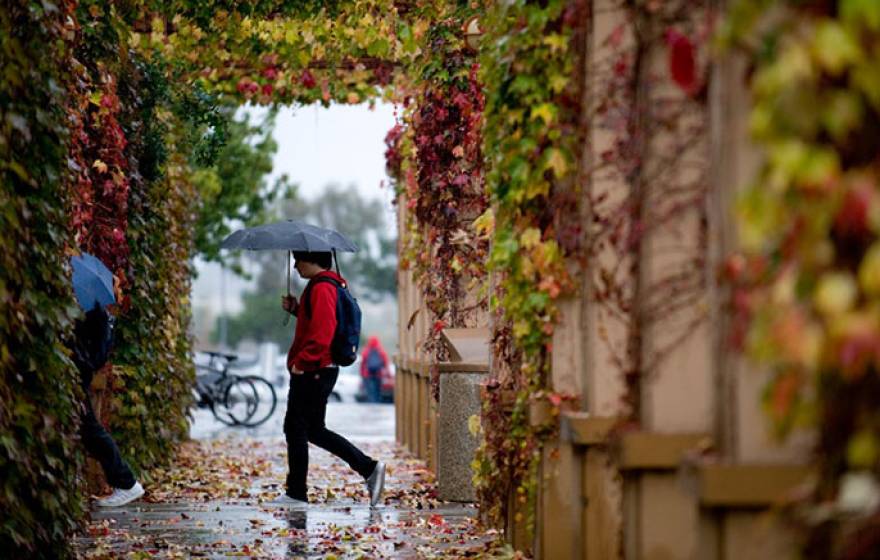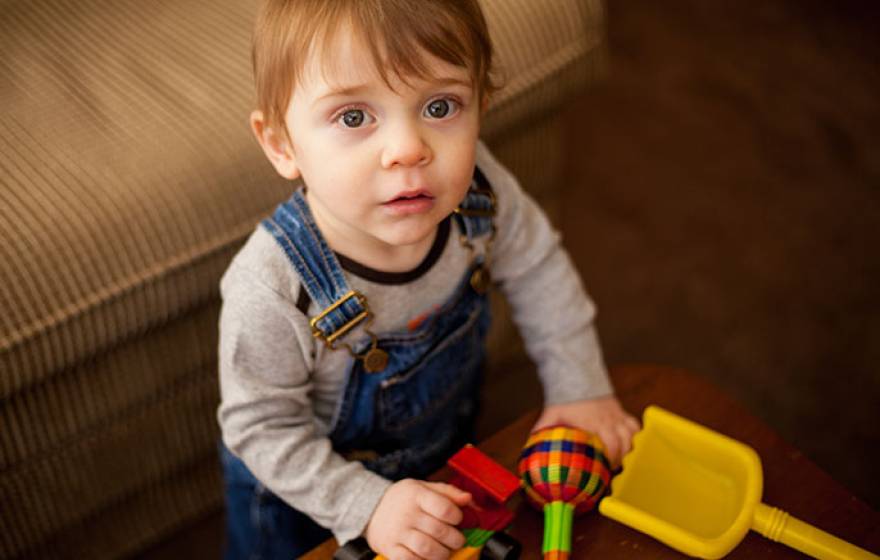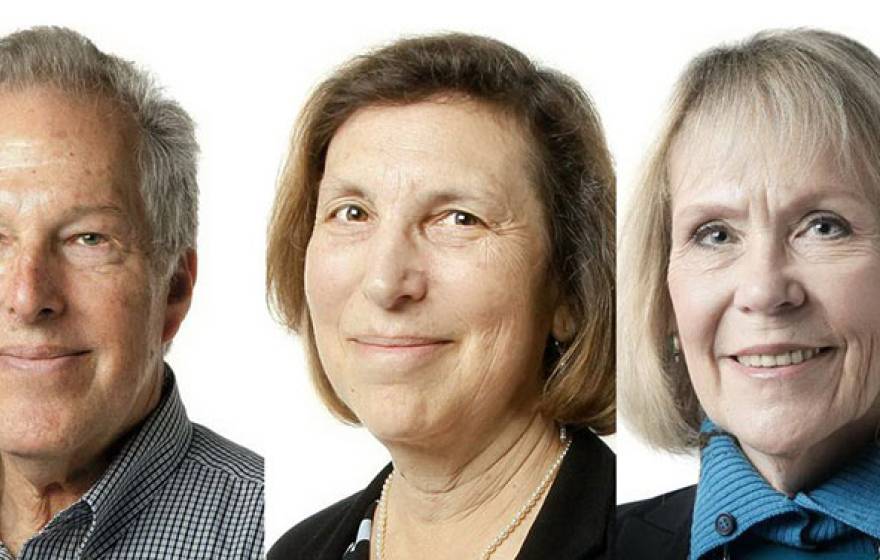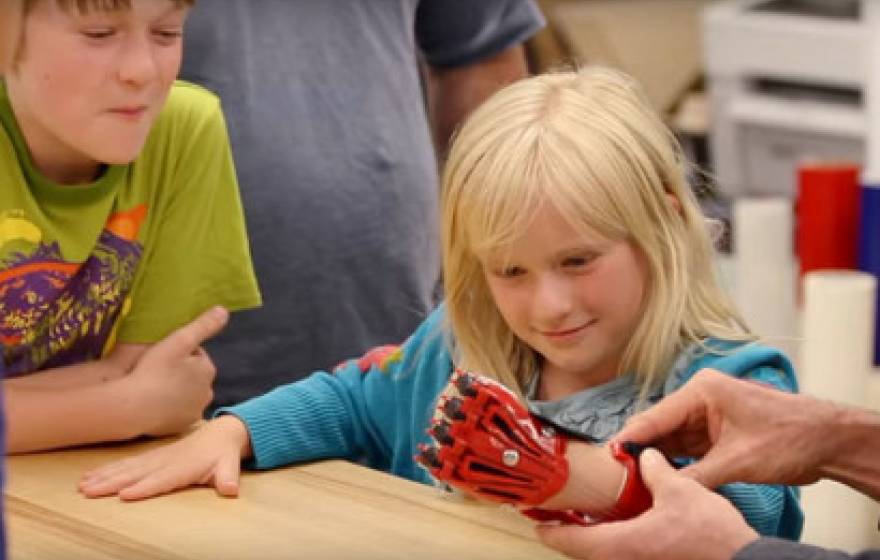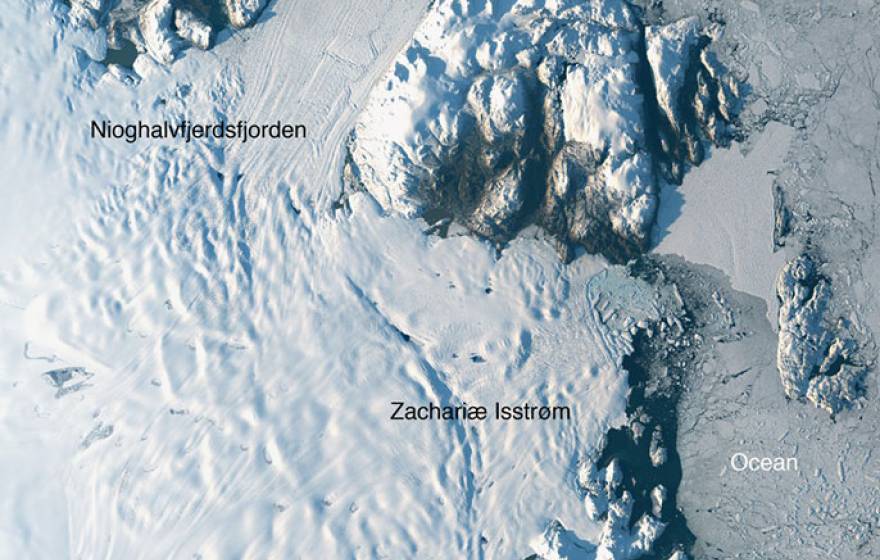Study finds the birds are uncommonly good at distinguishing cancerous breast tissue from normal .
An easy pill to swallow
An insulin pill in development shows early promise as a novel form of diabetes therapy.
Working up a sweat may protect against lethal prostate cancer
Vigorous exercise and other healthy lifestyle habits appear to have lifesaving benefits.
Use science (and some booze) to make the best pie ever
These five tips from scientists will help you in the kitchen this holiday season.
Forecast: cloudy
Predicting intensity, impact of this winter’s El Niño is complicated by unprecedented confluence of weather anomalies.
Celebrating World Toilet Day, reinventing sanitation
U.N. World Toilet Day, Nov. 19, highlights global sanitation shortfalls and their toll on human health and the environment.
More women CEOs but executive suite's still a male bastion
More women than ever before are running the state's largest public firms, but they still hold just one in eight of the senior executive and director positions in corporate California.
$177M gift will found Global Brain Health Institute to fight dementia
Atlantic Philanthropies funds UCSF and Trinity College Dublin, the University of Dublin, to stem the precipitous rise in dementia by training and connecting a new generation of leaders worldwide.
Toddlers can spy deception in others
Even tots younger than 2 can tell when someone's trying to pull a fast one.
Scripps scientists talk about climate change
Researchers are optimistic about climate change solutions.
Engineers give a girl a hand
Eight-year-old Sophie doesn’t have fully developed finger bones in her left hand, but with the help of a CITRIS Invention Lab team, she is the new user of a 3-D printed super hand.
Massive northeast Greenland glacier is rapidly melting
Breakup of Zachariae Isstrom could substantially raise sea levels around the globe.
